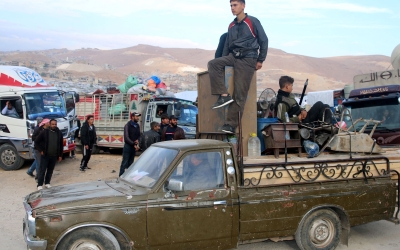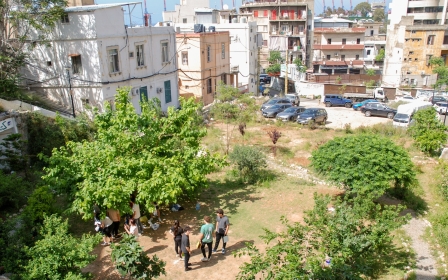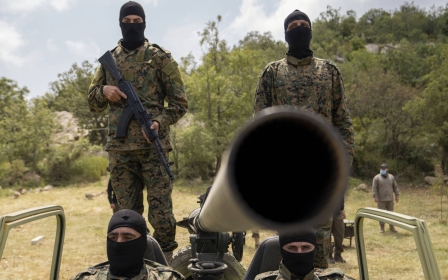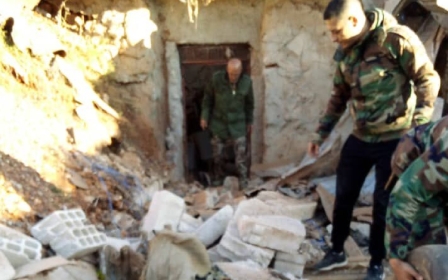One dead in Lebanon Palestinian refugee camp clashes: Fatah official
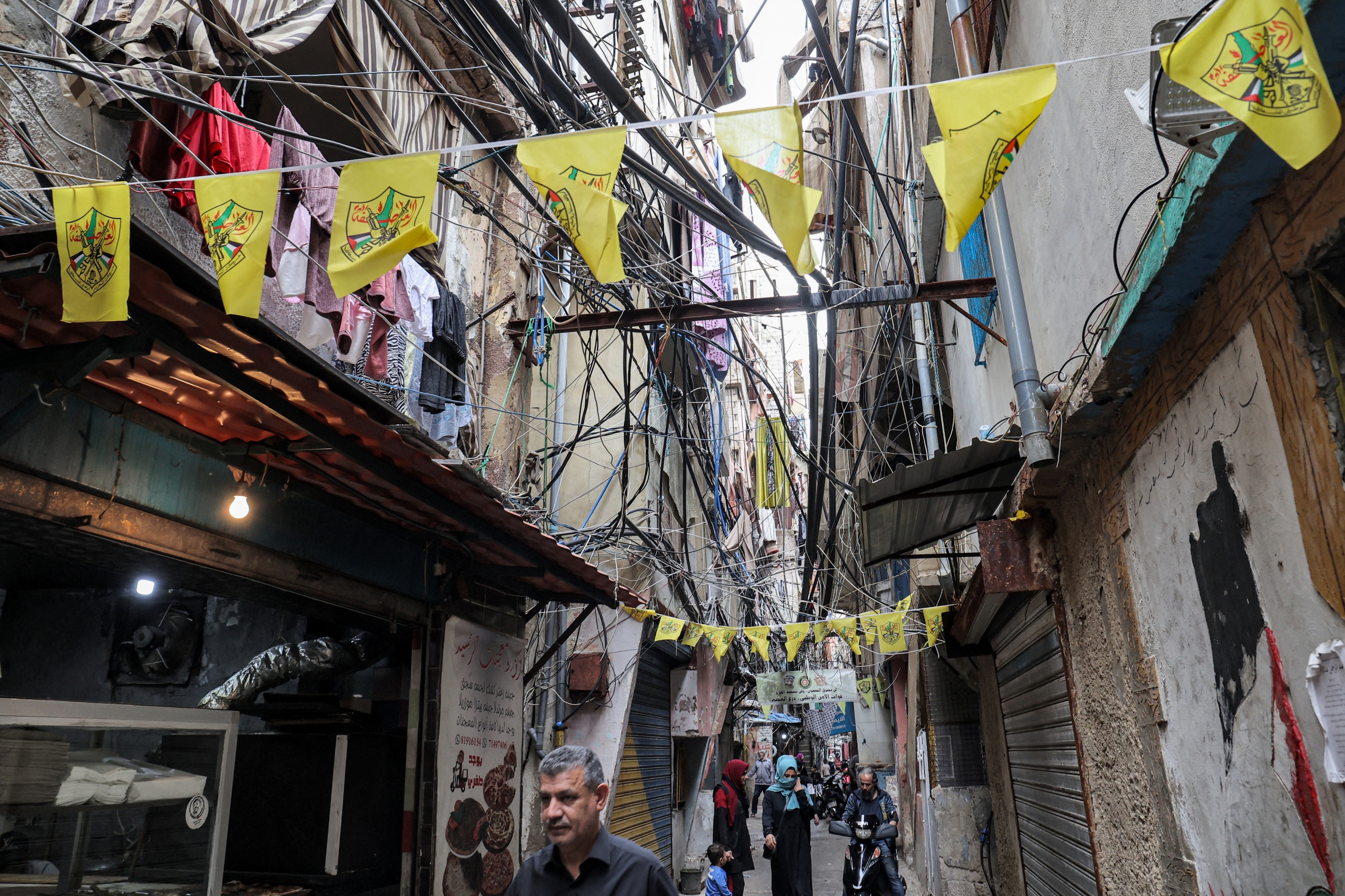
One person was killed and six others injured in overnight clashes in south Lebanon's restive Ain al-Hilweh Palestinian refugee camp, according to a Palestinian official.
Clashes inside the camp left "one dead and six camp residents injured, including children", Mounir Makdah, a senior official in Palestinian President Mahmoud Abbas's Fatah movement, told AFP.
"We are working... to end the clashes and hand over those involved in the incident," he said.
Clashes between rival groups are common in Ain al-Hilweh, which is home to more than 54,000 registered Palestinian refugees who have been joined in recent years by thousands of Palestinians fleeing the conflict in Syria.
"An Islamist from al-Shabab al-Muslim group was killed, and a leader in the group was among the wounded," said a Palestinian source inside the camp, who requested not to be identified for security reasons.
New MEE newsletter: Jerusalem Dispatch
Sign up to get the latest insights and analysis on Israel-Palestine, alongside Turkey Unpacked and other MEE newsletters
The clashes pitted members of Fatah against other armed groups in the camp, located near the coastal city of Saida, the source said.
The incident happened about two months after similar clashes killed a Fatah member in the same camp.
Lebanon's National News Agency said "an assassination attempt targeting an Islamist activist" rocked the camp on Saturday, without reporting any casualties.
By long-standing convention, the Lebanese army does not enter Palestinian refugee camps in Lebanon, leaving the factions themselves to handle security.
That has created lawless areas in many camps, and Ain al-Hilweh has gained notoriety as a refuge crime.
In March, one person was killed and several others wounded in overnight clashes in the camp that pitted members of Fatah against Islamist groups in the camp.
More than 450,000 Palestinians are registered with the UN relief agency UNRWA in Lebanon.
Most live in one of 12 official refugee camps, often in squalid conditions, and face a variety of legal restrictions, including on their employment.
Middle East Eye delivers independent and unrivalled coverage and analysis of the Middle East, North Africa and beyond. To learn more about republishing this content and the associated fees, please fill out this form. More about MEE can be found here.


